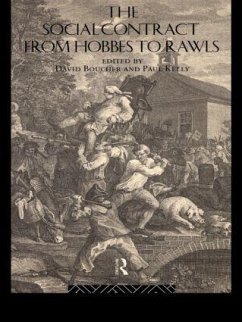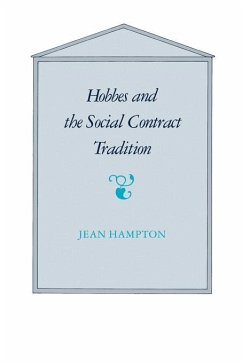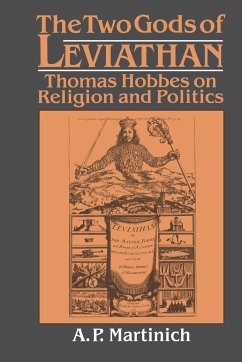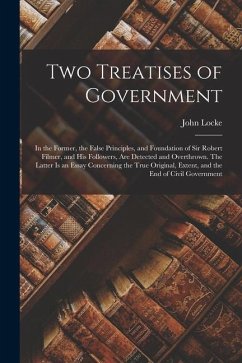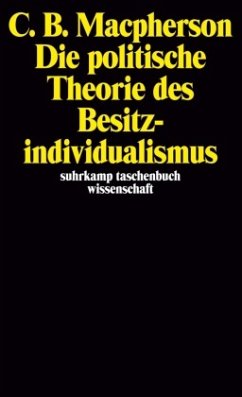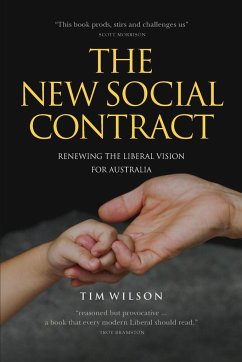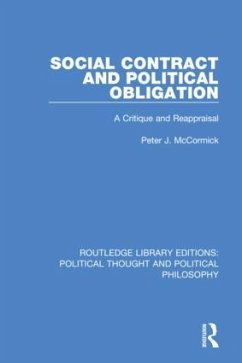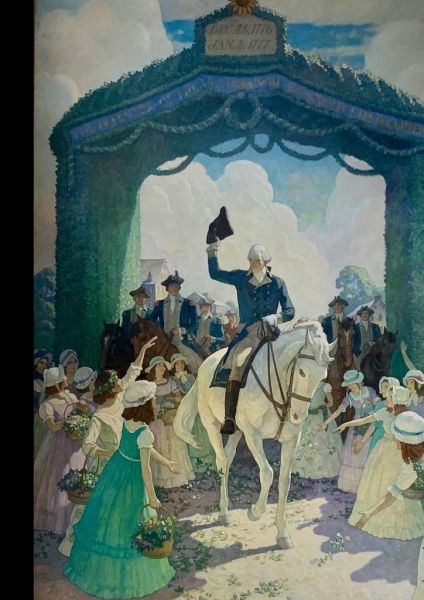
The Prince (1532), The Leviathan (1651), The Two Treatises of Government (1689), The Social Contract (1762), The Constitution of Pennsylvania (1776)
The Original Texts from Machiavelli, Hobbes, Locke, Rousseau and The Founding Fathers of the United State
Versandkostenfrei!
Versandfertig in 1-2 Wochen
34,99 €
inkl. MwSt.

PAYBACK Punkte
17 °P sammeln!
The Prince (1532), The Leviathan (1651), The Two Treatises of Government (1689), The Social Contract (1762), The Constitution of Pennsylvania (1776) - The Original Texts from Machiavelli, Hobbes, Locke, Rousseau and The Founding Fathers of the United States of America This DIN A4 paperback with font size 15 contains the following works in full: The Prince (1532) by Niccolò Machiavelli The Leviathan (1651) by Thomas Hobbes The Two Treatises of Government (1689) by John Locke The Social Contract (1762) by Jean-Jacques Rousseau The Constitution of Pennsylvania (1776) by The Founding Fathers of t...
The Prince (1532), The Leviathan (1651), The Two Treatises of Government (1689), The Social Contract (1762), The Constitution of Pennsylvania (1776) - The Original Texts from Machiavelli, Hobbes, Locke, Rousseau and The Founding Fathers of the United States of America This DIN A4 paperback with font size 15 contains the following works in full: The Prince (1532) by Niccolò Machiavelli The Leviathan (1651) by Thomas Hobbes The Two Treatises of Government (1689) by John Locke The Social Contract (1762) by Jean-Jacques Rousseau The Constitution of Pennsylvania (1776) by The Founding Fathers of the United States of America





